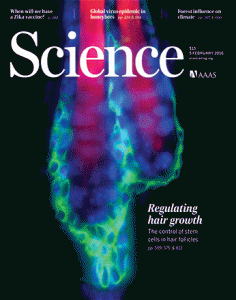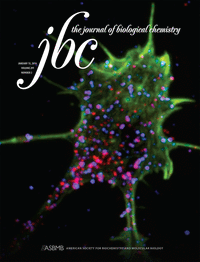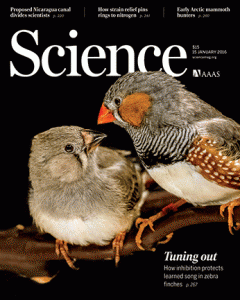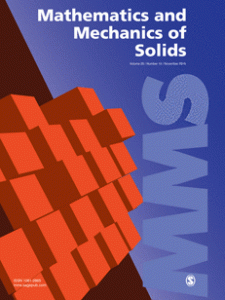
After a request for the original data was denied, PLOS ONE editors have flagged a 2012 sub analysis of a controversial clinical trial on chronic fatigue syndrome with an editor’s note.
The editor’s note — which reads like an Expression of Concern — reiterates the journal’s policy that authors make data and materials available upon request, and notes that staff are following up on “concerns” raised about the study.
There have been numerous requests for data from the “PACE” trial, as the clinical trial is known, which the authors say they have refused in order to protect patient confidentiality. On November 13, James Coyne, a psychologist at the University Medical Center, Groningen, submitted a request for the data from the PLOS ONE paper to King’s College London, where some of the authors were based. According to Coyne’s WordPress blog (he also has a blog hosted by PLOS), the journal asked him to let them know if he “had any difficulties obtaining the data.” He did — KCL denied the request last Friday (the whole letter is worth reading):
The university considers that there is a lack of value or serious purpose to your request. The university also considers that there is improper motive behind the request. The university considers that this request has caused and could further cause harassment and distress to staff.
Last author Peter White at Queen Mary University of London, UK, told us the journal had not asked them to release the data, but he would work with PLOS to address any questions:
We understand PLOS One are following up concerns expressed about the article, according to their internal processes. We will be happy to work with them to address any queries they might have regarding the research.
Here’s the editor’s note for “Adaptive Pacing, Cognitive Behaviour Therapy, Graded Exercise, and Specialist Medical Care for Chronic Fatigue Syndrome: A Cost-Effectiveness Analysis,” in full:
Continue reading PLOS ONE issues editor’s note over controversial chronic fatigue syndrome research









 Thirteen papers in Mathematics and Mechanics of Solids now have an expression of concern, after it came to light that an author on most of the papers coordinated the peer-review process.
Thirteen papers in Mathematics and Mechanics of Solids now have an expression of concern, after it came to light that an author on most of the papers coordinated the peer-review process.